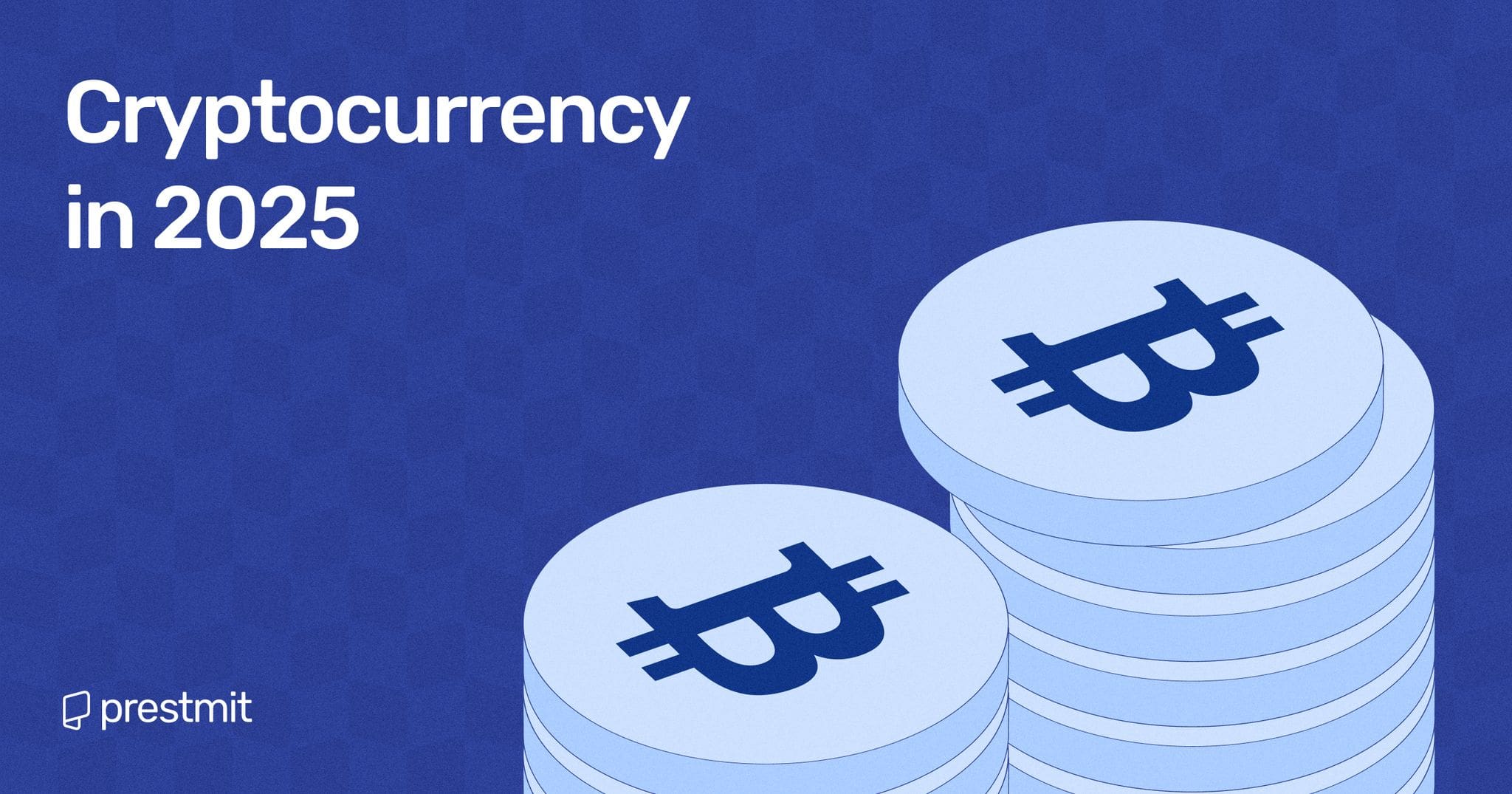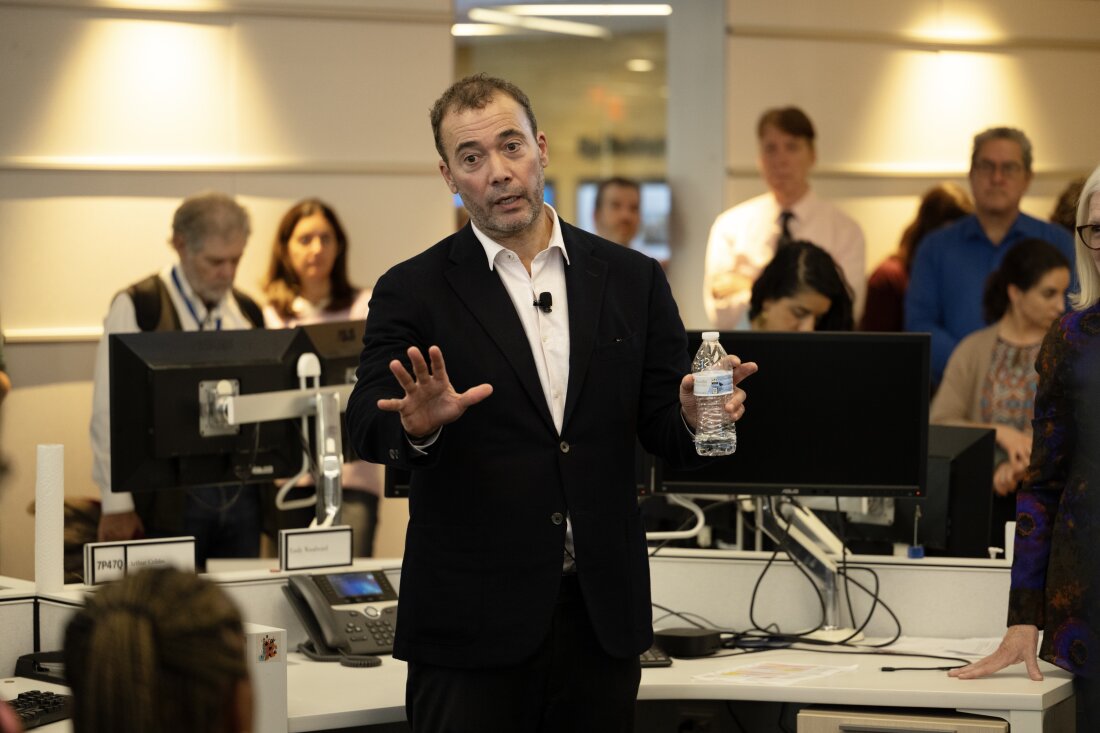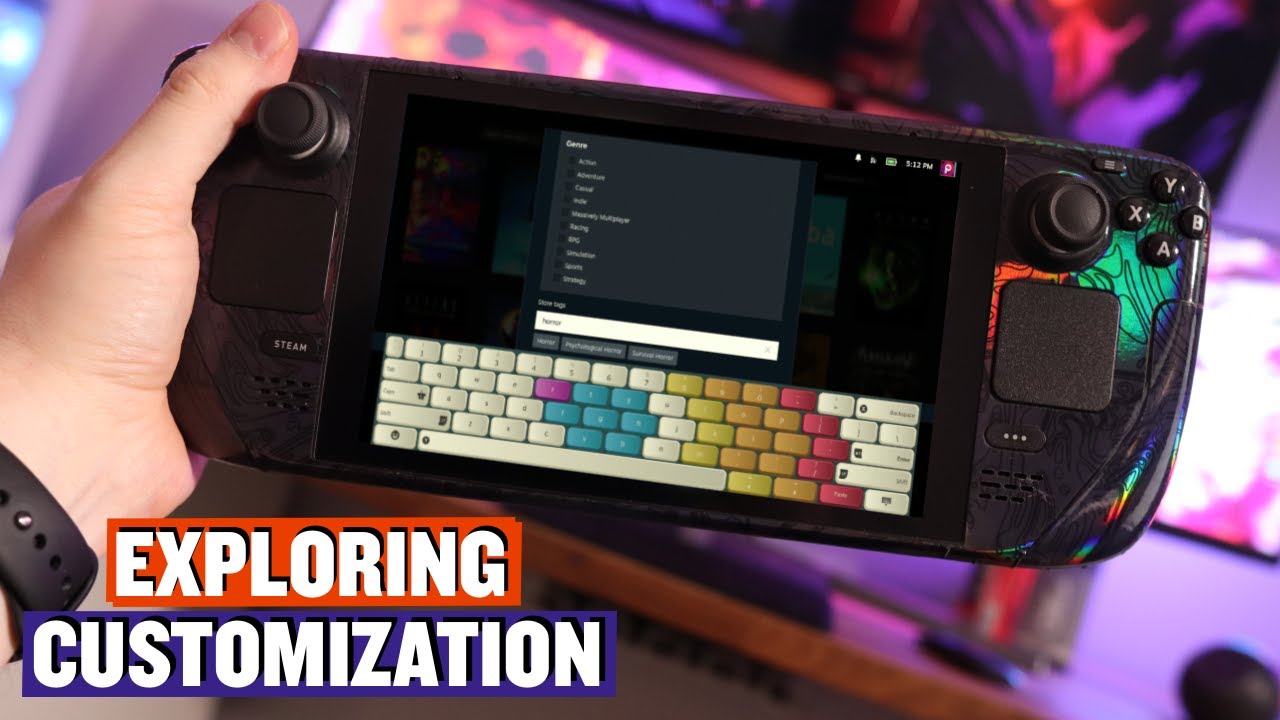The Evolution of Handheld Gaming: Why the Nintendo Switch 2 Isn’t Exciting Me
A New Era in Gaming
I still remember the thrill of unboxing my Nintendo Switch, feeling a mix of excitement and skepticism about the device’s potential to deliver console-quality gaming on-the-go. The industry has come a long way since then, and I’ve found myself shifting towards more powerful handheld gaming PCs. The Nintendo Switch 2 may not be enough to win me back.
A gaming laptop on the go
As I look back on my gaming journey, I realize that the Switch was a revolutionary device that brought console gaming to the masses. However, as the industry has moved on, I’ve grown accustomed to more powerful hardware and a wider range of games. The Switch 2, although rumored to be an improvement, doesn’t seem to be enough to compete with the likes of Valve’s Steam Deck and other handheld gaming PCs.
The Rise of Handheld Gaming PCs
Handheld gaming PCs have been around for a while, but it wasn’t until the Steam Deck that they gained mainstream attention. The Steam Deck’s success has paved the way for other manufacturers to enter the market, offering more powerful and affordable options. For example, Asus and Lenovo have released their own handheld gaming PCs, offering a range of options for gamers.
The Steam Deck
The current handheld market is a lot for the Nintendo Switch 2 to compete with, and it’s not competing. Nintendo has never competed in its hardware, but the threat of the handheld PC is a powerful new force. I don’t know how representative my Triple-A-on-the-go dreams were of the market back in 2017, but it’s certainly an audience that’s been snapped up by PC gaming alternatives over the last few years.
The Switch’s Shortcomings
The Switch never really made good on that name for itself as a place to play bigger, more console-like games on a handheld. Although it has made a concerted effort to broaden its appeal away from its core first-party market, it’s just not a weapon in their arsenal this time around. For example, Hogwarts Legacy was playable from day one on a handheld PC, but it took nine months to get to Switch. Third-party games are also considerably more expensive on Nintendo’s handheld, especially when you factor in subscription options.
Hogwarts Legacy on a handheld PC
I don’t think Nintendo’s own studios are in any real trouble, but more powerful hardware begets more powerful games, which take longer to develop. If cracks do start to show in that production line, the third-party fallback just won’t be enough to compete.
Conclusion
The Nintendo Switch 2 may not be enough to win back gamers like me who have moved on to more powerful handheld gaming PCs. Although it’s still a great device for those invested in the Nintendo ecosystem, it’s no longer the revolutionary device it once was. As the industry continues to evolve, I’m excited to see what other innovations will shape the future of gaming.


 Photo by
Photo by 












